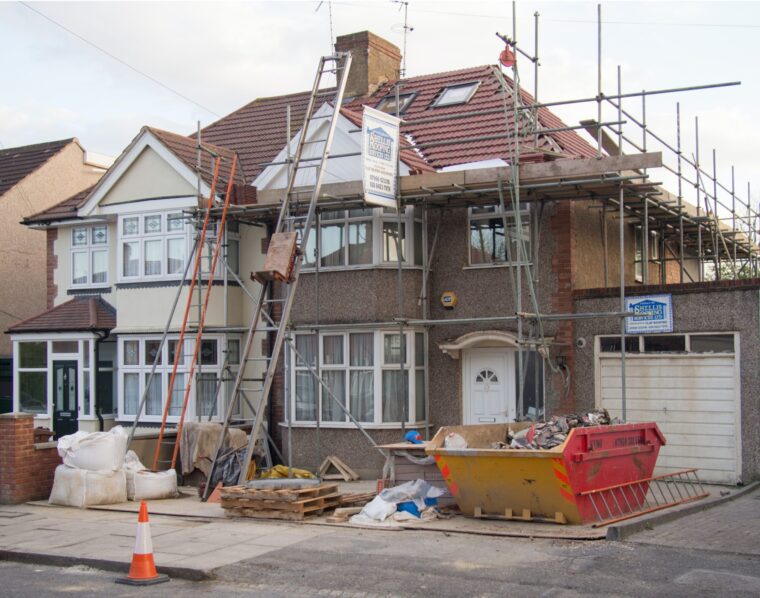
A federal grant program could help several state and local governments implement updated building energy codes this year.
The Department of Energy (DOE) recently announced up to $530 million in technical assistance competitive grants designed to bring local government codes up to date. The grants are intended to help local governments defray the costs of adopting the most recent model code guidelines published by two recognized nonprofits that are widely considered to be the standard bearers.
The United States does not have a national building code or energy code. States or local governments can choose to adopt one of the national model energy codes, a modified version of the model code or their own state-specific code.
The International Code Council writes the International Energy Conservation Code (IECC), the model code for residential buildings that was last updated in 2021. The American Society of Heating, Refrigerating and Air-Conditioning Engineers (ASHRAE) writes energy codes for commercial buildings and last issued updates in 2022.
State governments have traditionally been slow to adopt the changes to model codes.
According to DOE records, 24 states use building energy codes for residential buildings that were written before 2010. Twelve states use pre-2010 codes for commercial buildings.
Just five states have the most up-to-date residential codes, according to DOE. Ten states have up-to-date commercial codes. Eight states do not have a statewide energy code, leaving requirements to counties and municipalities.
The new Latest and Zero Building Energy Codes program is being administered through the DOE’s Office of State and Community Energy Programs (SCEP), part of the Inflation Reduction Act.
The competitive funding opportunity expands the pool of eligible grantees to include some local governments. The funding opportunity also expands qualifying activities beyond the IECC and ASHRAE to include customized codes and building performance standards. The funding opportunity also includes zero energy codes detailed in the 2021 IECC.
Using this funding, states and localities can also coordinate to develop a workforce with skills of the latest building technologies, the DOE said.
“Shaping a clean energy future for cities and neighborhoods requires a whole system approach that includes modernizing the building stock to use less energy and be more resilient in the face of increasing natural disasters,” U.S. Secretary of Energy Jennifer Granholm said.
Adopting the most recent updates for commercial buildings over a 30-year period would equate to almost 2 billion metric tons of CO2 emissions reduction, the equivalent of removing more than 445 million gas-powered cars from the road over the same 30 years, the DOE said.
Brief concept papers, which are required to submit a full application, are due Feb. 9, 2024. Full applications are due April 30, 2024.
All news and information on this site is provided by the team at Strategic Partnerships, Inc. Check out this short 1-minute video that provides a quick overview of how we work with clients.
Photo by Brett Jordan on Unsplash
The post DOE grants to help states update building energy codes appeared first on Government Market News.
